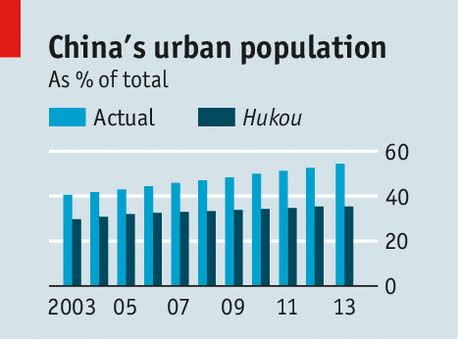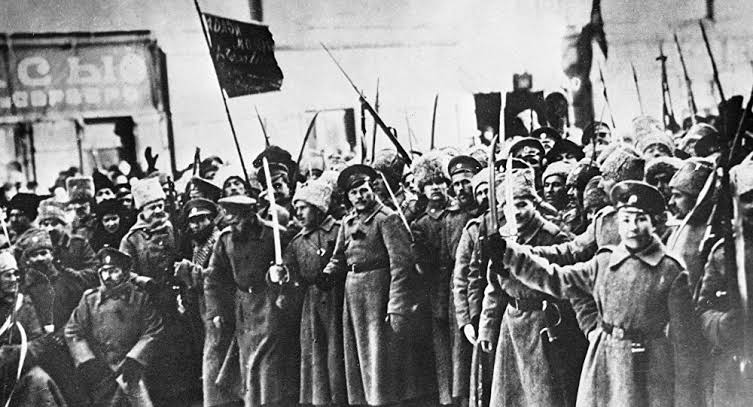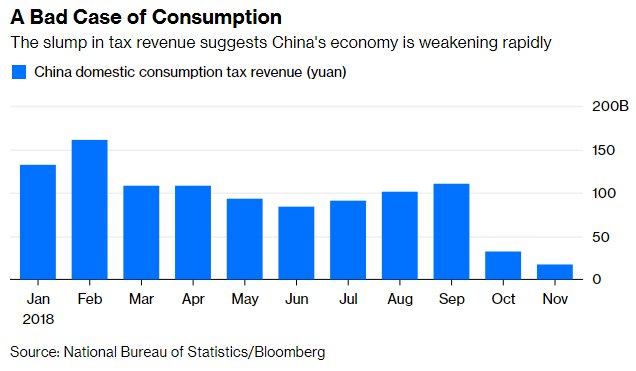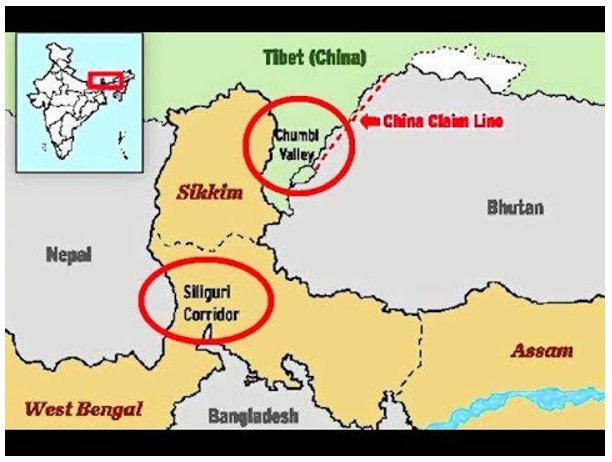Here's a quick thread on China's hukou system, the Russian Revolution, and Xi Jinping's greatest fear:
Think about 19th century Britain. The biggest share of the urban working class consisted of migrants from the countryside.
Employers lay off their workers, who (having no other means of support) go back to the family farm.
That tightens the urban labour market, and wage growth eventually restarts. The recession ends.
One way of dealing with this new order is what Germany and Britain did around the turn of the 20th century: Create a welfare state, so that the industrial workforce was less at the mercy of economic tides.
Coming to an accommodation with the urban working class was surely better for them than Marx's dictatorship of the proletariat.
forbes.com/sites/douglasb…
Put that way, the hukou looks like a policy to *benefit* the urban working class: In China, no one lives in a shanty town.
The hukou system, and the fact that a lot of benefits are employer-linked and patchily enforced, has just created an urban underclass.
xinhuanet.com/english/2018-0…
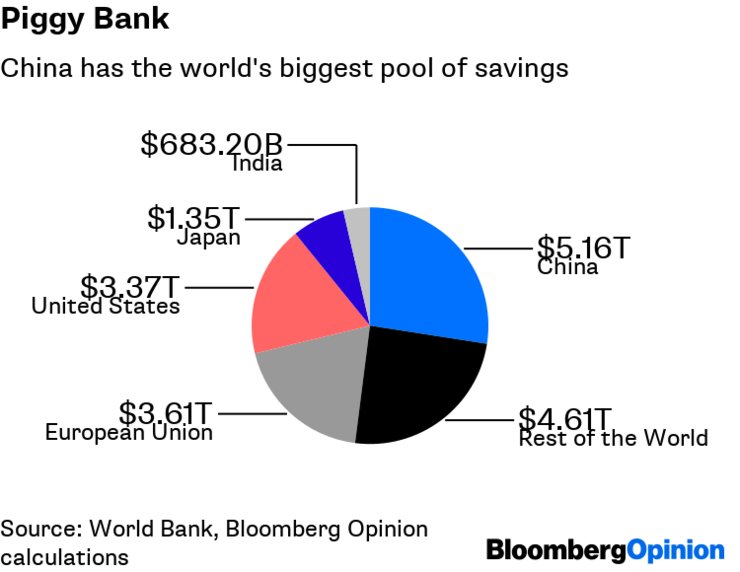
That's the policy Tsar Nicholas II followed before World War I. How did it turn out for him? (ends, sorry for typos)

